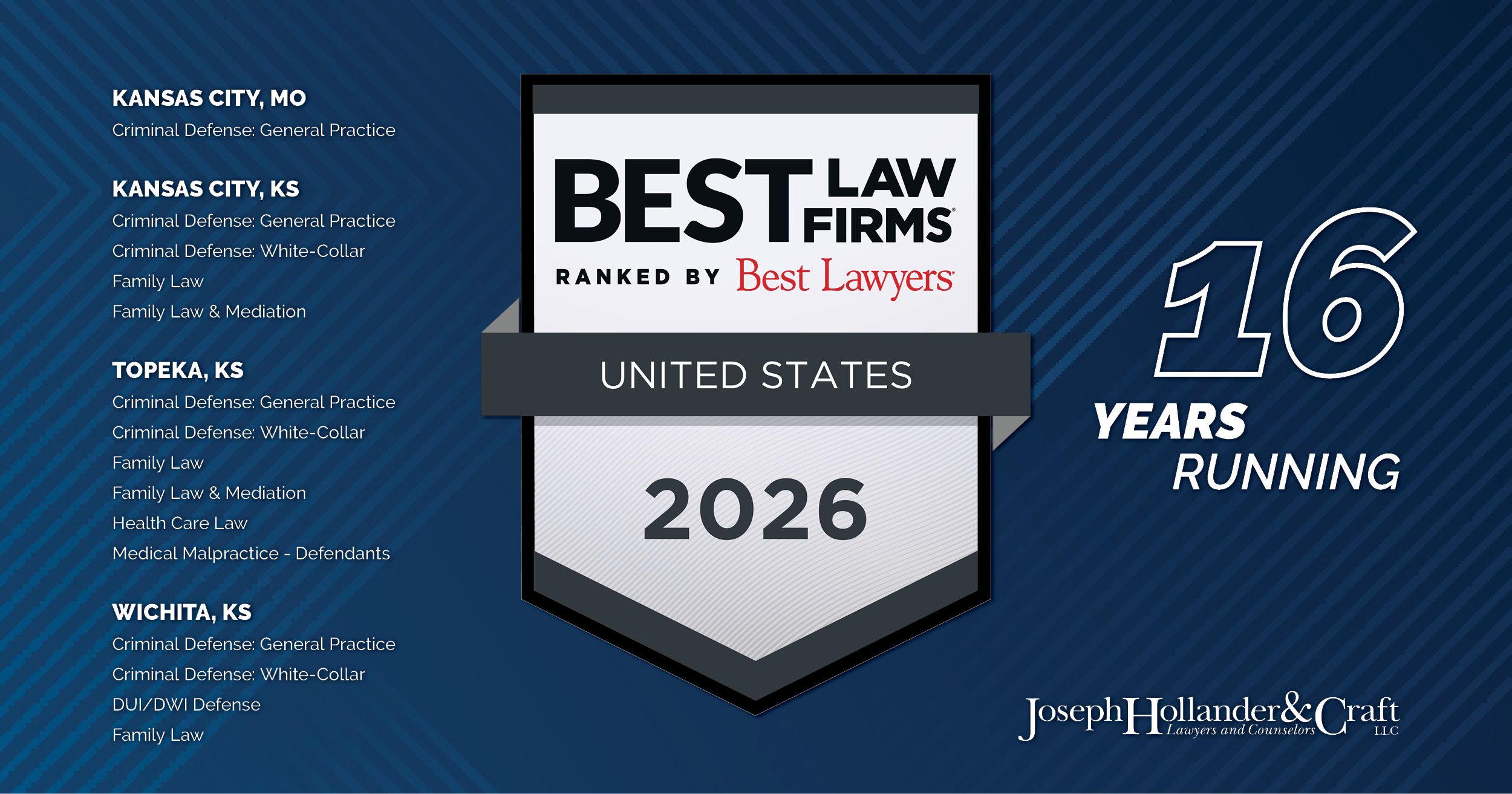Recent cases out of the Courts of Appeals for the Second and Eleventh Circuits highlight the risk employers run when monitoring or punishing employees for their social media activity. In both cases, the courts found that employers who had terminated employees based on their social media activity were subject to sanctions under federal law. In NLRB v. Pier Sixty, LLC, the Second Circuit considered an NLRA claim by an attorney who was fired for criticizing a supervisor on Facebook during a union certification election. In Jones v. Gulf Coast Health Care of Delaware, the Eleventh Circuit considered a retaliation claim under the Family and Medical Leave Act (FMLA); the claim was filed by an employee terminated for posting vacation photos on his Facebook account.
NLRB v. Pier Sixty, LLC
Pier Sixty operates a catering company in New York. In early 2011, many of its service employees began seeking union representation. Following a tense organizing campaign that included threats from management that employees would be disciplined for union activities, Per Sixty employees voted to unionize. Two days before the vote, an employee took to Facebook after his supervisor spoke harshly toward him at a catering event. He posted:
Bob is such a NASTY [expletive] don’t know how to talk to people!! [Expletive] his mother and his entire [expletive] family!!! What a LOSER!!! Vote YES for the UNION.
The public post was deleted three days later, but not before it came to the attention of Pier Sixty management. Following an investigation, Pier Sixty fired the employee. The employee filed a charge with the NLRB alleging that he had been terminated in retaliation for “protected concerted activities,” and an Administrative Law Judge found that Pier Sixty violated the NLRA. On review, the Second Circuit upheld the National Labor Relations Board decision finding that the evidence supported the conclusion that the termination was unlawful.
In support of its decision, the court reasoned that the subject matter of the post included workplace concerns. In addition, the record showed that Pier Sixty routinely permitted profanity from other employees without consequence. The court also considered the medium the employee used to communicate his disdain for his supervisor to be significant. According to the court, social media is an essential medium for employees engaged in union organizing activities. And, despite publicly posting the message, the employee’s statement did not occur “in the immediate presence of customers nor did it disrupt the catering event.” Although the court deemed the employee’s post to be protected under the NLRA, it warned, “this case seems to us to sit at the outer-bounds of protected, union-related comments, and any test for evaluating ‘opprobrious conduct’ must be sufficiently sensitive to employers’ legitimate disciplinary interests.”
Jones v. Gulf Coast Health Care of Delaware
An employee for Accentia Health and Rehabilitation Center of Tampa Bay learned that he needed to undergo shoulder surgery. Accentia determined that the employee was eligible for FMLA leave and granted him time off so that he could undergo surgery and fully recover. Shortly before he was scheduled to return to work, his doctor reported that he would not be able to return to work for another 6 weeks. Despite his doctor’s recommendations, the employee asked his supervisor if he could return to work on light duty. Accentia required a fitness-for-duty certification prior to his return and required the employee to take an additional one-month non-FMLA leave.
While on additional leave, the employee vacationed with his family and posted pictures from the vacation on Facebook, including photos of him swimming in the ocean. When the employee returned to work, he was confronted with the Facebook photos and informed that Accentia believed he had been well enough to return to work at an earlier point. The employee was suspended while an investigation was conducted and was subsequently terminated. The employee filed suit against Accentia alleging that his termination was in retaliation for taking the additional one-month leave. The district court granted Accentia’s motion for summary judgment, holding that the employee failed to establish a prima facie case under the FMLA.
On Appeal, the Eleventh Circuit found that Accentia’s arguments and evidence were insufficient to establish a non-retaliatory motive. Accentia argued that the employee’s Facebook posts violated its social media policy, which states that employees may be terminated if their social media posts have an adverse effect on co-workers. The court found that argument unpersuasive, as Accentia never mentioned the policy when it terminated the employee and the posts were wholly unrelated to the purpose of the policy. The court ultimately permitted the claim to proceed.
Takeaways
Although employers can and will make employment decisions based on their employees’ social media activity, these cases show that some decisions may be subject to scrutiny by the courts. While social media policies are important to protect an employer’s legitimate business interests, it is important to understand that these policies must comply with federal law. Employers should consider the possible consequences before taking disciplinary action against an employee based on social media activity. For more information and guidance, call the employment law attorneys at Joseph, Hollander & Craft.













